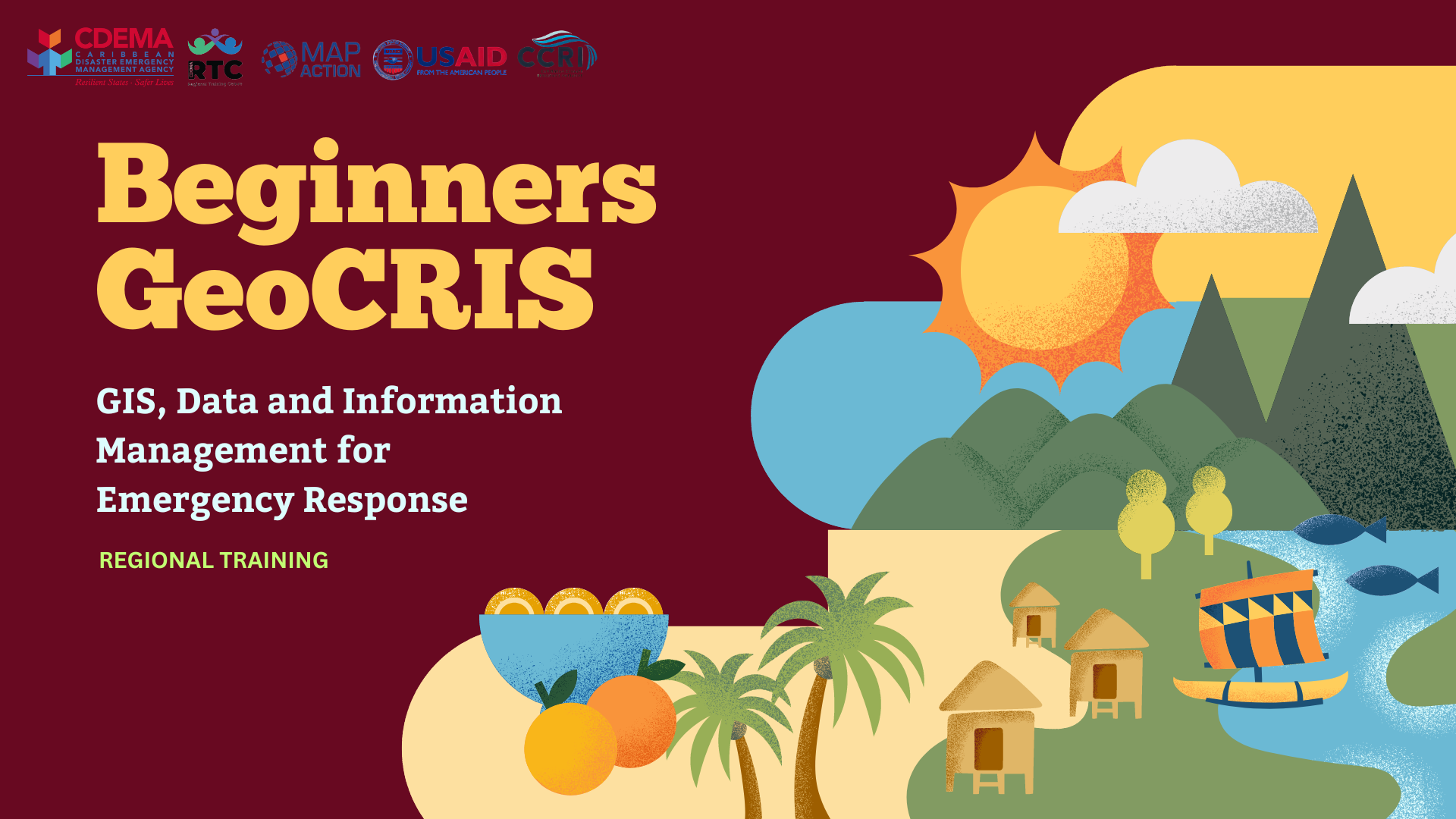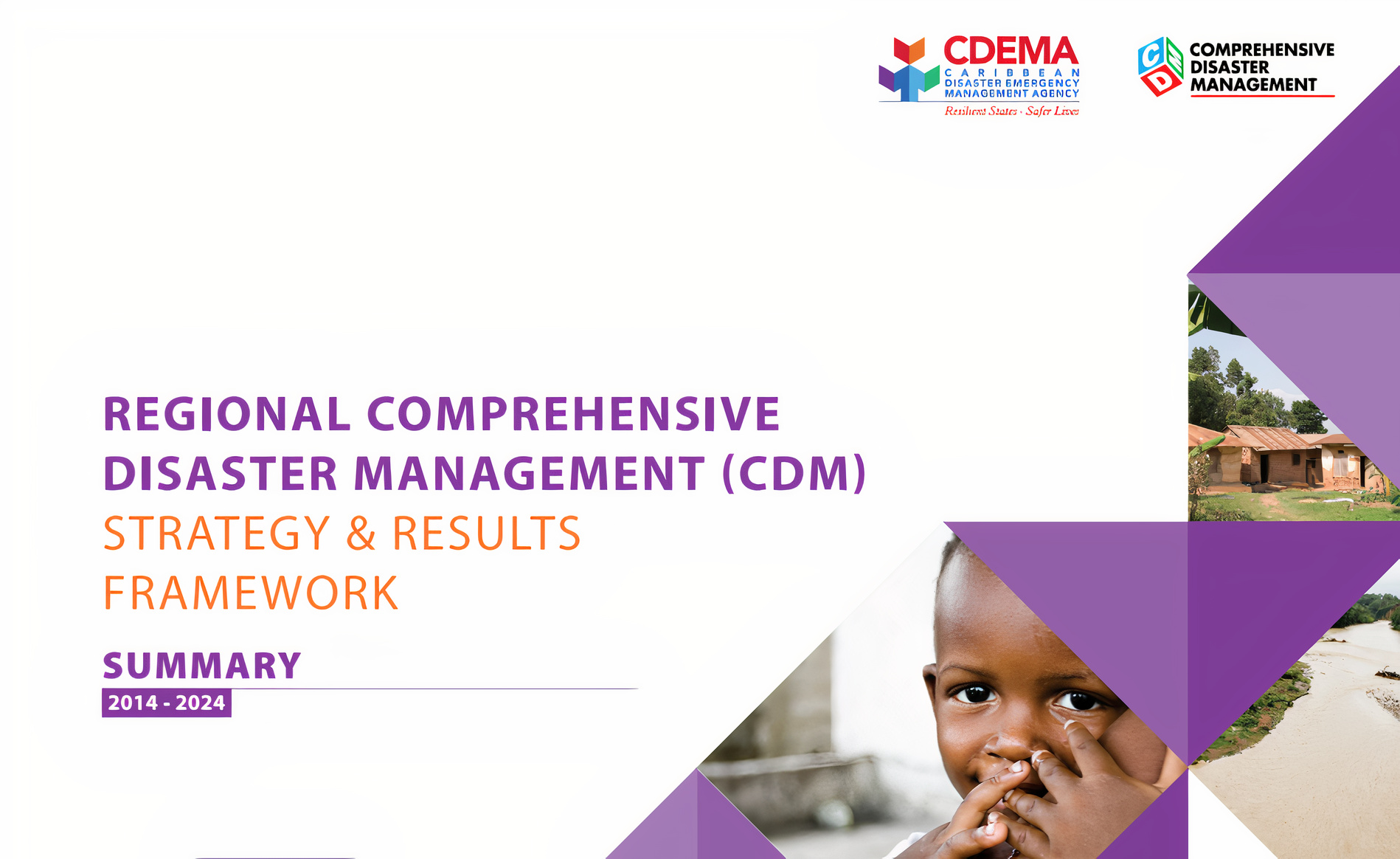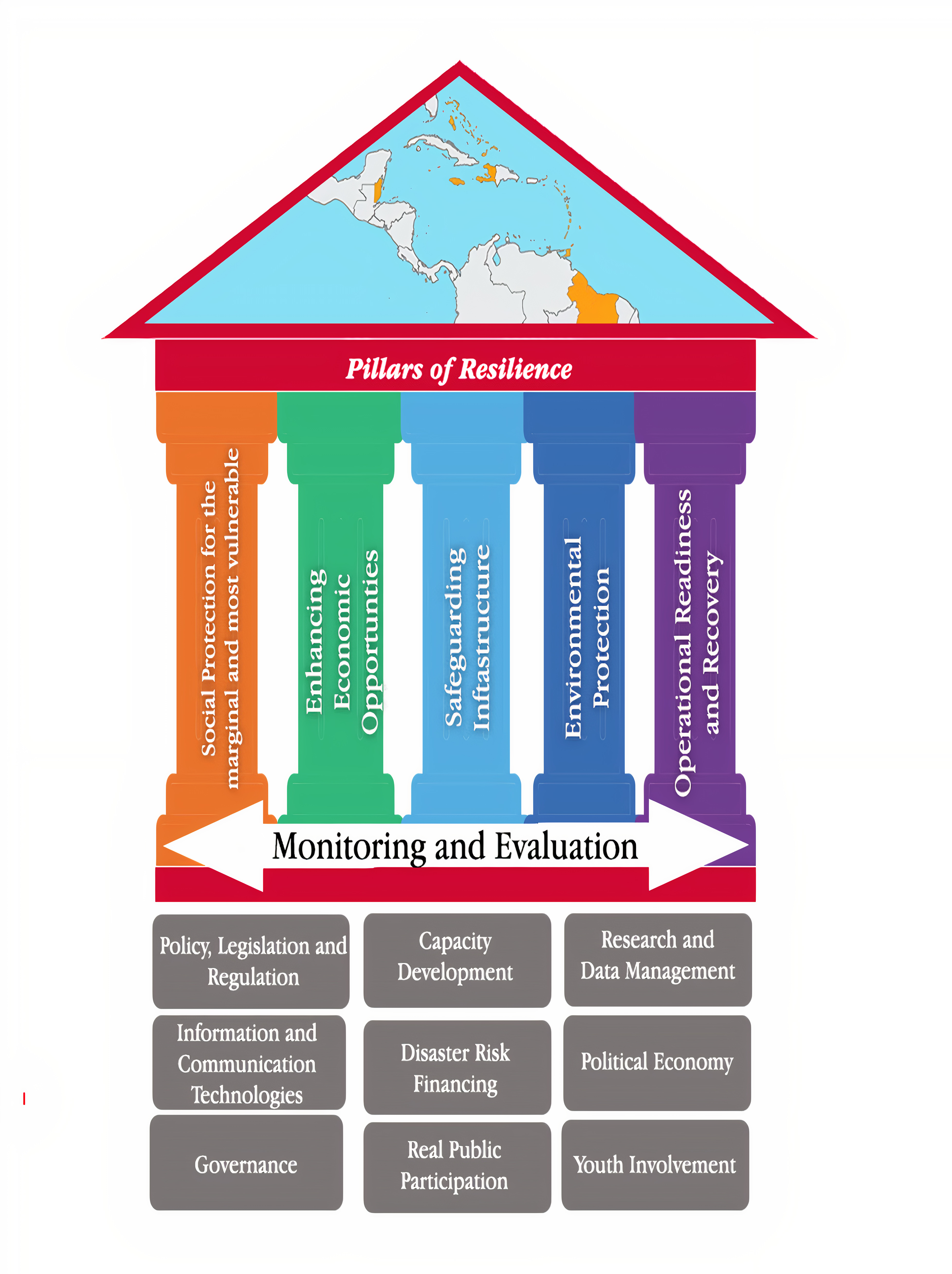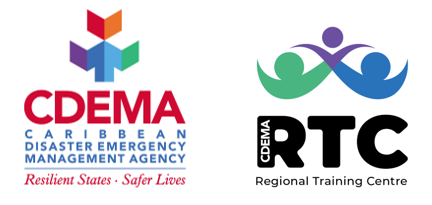
5 Courses

Self-Paced Learning for Comprehensive Disaster Management
Gender Mainstreaming in Disaster Risk Management
Examines gender issues encountered in disaster risk management (DRM), and explains why it is important to mainstream gender into DRM. Suitable for staff of (i) National Disaster Management Offices (NDMO) and (ii) agencies in the larger National Disaster Organisation (NDO) of CDEMA Participating States. Anyone with an interest in learning more about gender and disaster risk management will also benefit.
Average Time to complete: 30 minutes

Self-Paced Learning for Comprehensive Disaster Management
GeoCRIS Beginner Training
This course aims to introduce to you the geospatial platform of the Caribbean Risk Information System (CRIS) called the GeoCRIS. The course focuses on the geospatial datasets available within the GeoCRIS and how to use these geospatial datasets in the creation of mapping products to support disaster response activities in the Caribbean. The course is suitable for staff of the National Disaster Organizations (NDOs) of the CDEMA Participating States. The partners in the wider NDO network can also benefit greatly from this course.
This course is ideal as an orientation to geographical information systems (GIS) for disaster risk management (DRM) in the Caribbean region. If you are new to GIS and DRM in the region, this is a good place to start.

Self-Paced Learning for Comprehensive Disaster Management
The Regional Comprehensive Disaster Management (CDM) Strategy 2014-2024 v1
Explains the Regional Comprehensive Disaster Management (CDM) Strategy and Results Framework 2014-2024. Learn about how Disaster Risk Management stakeholders in the Caribbean are strategically addressing disaster risk to create safer, more resilient societies.
Average time to complete: 30 minutes

Self-Paced Learning for Comprehensive Disaster Management
The CARICOM Pathway to Resilience
Explains the CARICOM Resilience Framework. Suitable for staff of (i) National Disaster Management Offices (NDMO) and (ii) agencies in the larger national Disaster Organisations (NDO) of CDEMA Participating States. Anyone with an interest in learning more about strategic approaches to building resilience will also benefit.
Average Time to Complete: 30 minutes

Self-Paced Learning for Comprehensive Disaster Management
Guidelines for Integrating Violence Against Women & Girls/Family Violence (VAWG/FV) Considerations into Comprehensive Disaster Management (CDM) in the Caribbean
An introduction to key considerations for VAWG/FV in the context of Caribbean Disaster Risk Management, and to a tool designed to assist the regional disaster management community to integrated these considerations into programmes and projects. Use for anyone designing and implementing DRM programmes and projects in the CDEMA Participating States or other Caribbean territories. Also useful for anyone with an interest in learning more about the linkages between gender and disaster risk management
The development of this micro-course was supported by the UWI Disaster Risk Reduction Centre (DRRC), the CDEMA Regional Training Centre (RTC) and the United Nations Development Programme (UNDP) under the Spotlight Initiative Regional Programme in the Caribbean. The Spotlight Initiative is a global initiative of the United Nations which has received generous support from the European Union. Its aim is to eliminate all forms of violence against women and girls.
Average time to complete: 35 minutes
